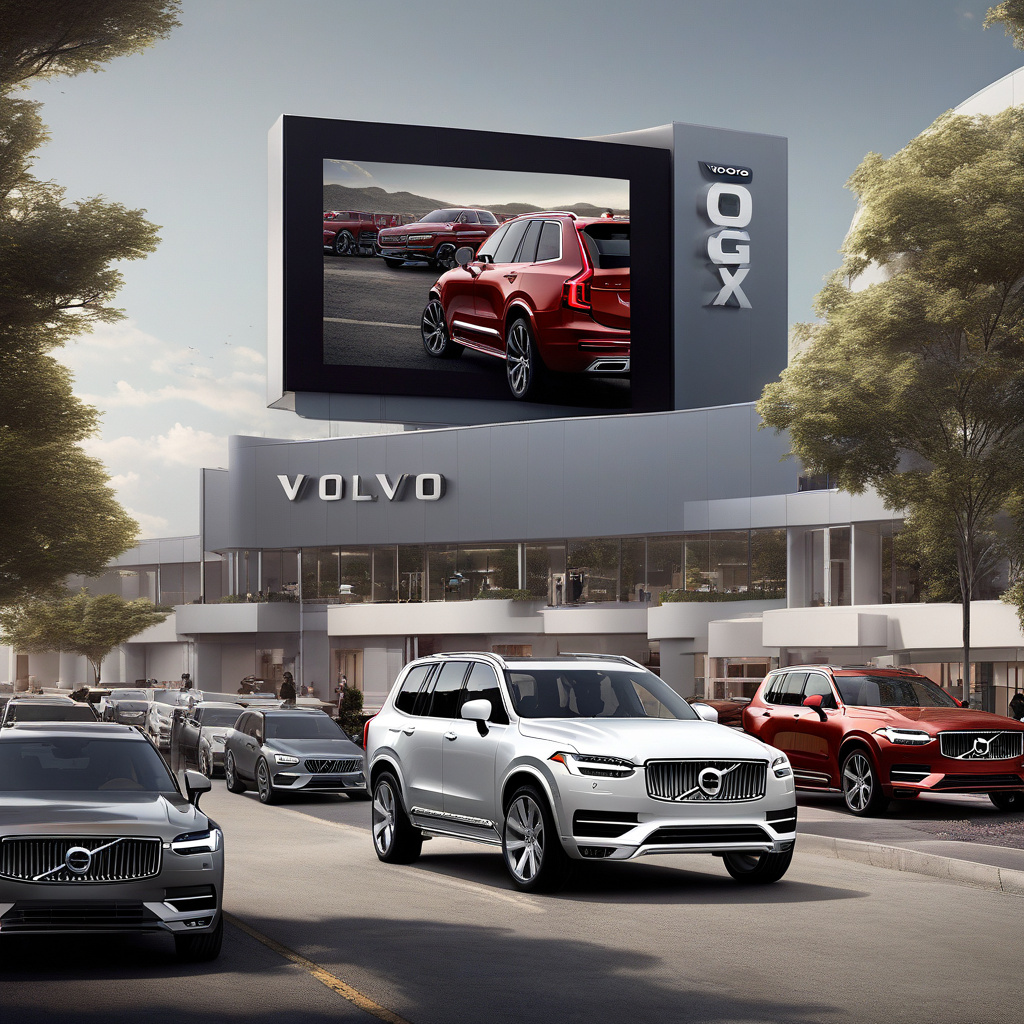Tariffs Will Cause Car Price Hikes, Says Volvo
In a recent statement that sent ripples through the automotive industry, Volvo has voiced its concerns regarding the potential impact of tariffs on car prices. As global trade dynamics shift and protectionist policies gain traction, manufacturers and consumers alike brace for the implications of increased costs. This development comes at a time when the automotive sector is already grappling with supply chain disruptions and fluctuating raw material prices.
Volvo’s warning is particularly significant given the company’s strong commitment to sustainability and innovation. As a leader in the electric vehicle (EV) market, Volvo has been making strides toward reducing its carbon footprint while enhancing the consumer experience. However, the potential imposition of tariffs could jeopardize these advancements. The manufacturer argues that the added costs associated with tariffs could lead to price hikes for consumers, ultimately slowing down the adoption of EVs and impacting overall sales.
The automotive industry is no stranger to price fluctuations. Historically, tariffs have been implemented in response to trade disputes, and their effects have been felt across various sectors. For example, the tariffs imposed by the Trump administration in 2018 on steel and aluminum imports resulted in increased production costs for car manufacturers in the United States. Volvo’s concerns echo these historical precedents, highlighting the cyclical nature of trade policies and their consequences.
One of the primary issues at hand is the reliance on global supply chains. Modern automotive manufacturing relies heavily on components sourced from various countries. A tariff on imported parts can lead to increased costs for manufacturers, who may pass these expenses onto consumers. For instance, if tariffs are applied to steel, a vital component in car production, manufacturers may face higher costs that could be reflected in the final sale price of vehicles.
Volvo’s position also raises questions about the broader economic landscape. If car prices rise due to tariffs, consumer purchasing power may decline, leading to decreased demand for new vehicles. This scenario could create a vicious cycle: higher prices lead to fewer sales, which in turn could prompt manufacturers to cut costs by reducing production or workforce. Such actions could have far-reaching implications for the economy as a whole, particularly in regions heavily reliant on the automotive industry.
Moreover, the timing of these potential tariff increases is critical. With the world still recovering from the COVID-19 pandemic, many consumers are cautious about making significant financial commitments. Price hikes could deter potential buyers, further complicating recovery efforts for the automotive sector. As Volvo points out, maintaining reasonable prices is essential for encouraging the transition to electric vehicles, which is a key component of global efforts to combat climate change.
In addition to the economic implications, the environmental impact of tariffs should not be overlooked. The automotive industry has been making concerted efforts to pivot toward more sustainable practices, with many manufacturers, including Volvo, committing to carbon neutrality by 2040. Increased prices resulting from tariffs could slow the momentum of this transition, as consumers may be less willing to invest in new electric vehicles if they are accompanied by higher costs.
To address these challenges, Volvo and other automakers advocate for fair trade policies that do not penalize consumers or hinder progress toward sustainability. The company emphasizes the need for collaboration between governments and industry stakeholders to create an environment conducive to innovation and growth. By fostering a framework that supports fair competition, manufacturers can continue to invest in research and development while maintaining accessibility for consumers.
Ultimately, the potential for tariffs to drive up car prices presents a complex challenge for the automotive industry. Volvo’s insights serve as a crucial reminder of the interconnectedness of global trade, manufacturing costs, and consumer behavior. As the situation evolves, stakeholders must remain vigilant and proactive in addressing the implications of tariffs on the automotive market.
In conclusion, the automotive industry faces an uncertain future amid discussions of tariffs that could lead to increased car prices. With companies like Volvo advocating for fair trade practices, the hope is that a balanced approach can be achieved, enabling both manufacturers and consumers to thrive in a competitive landscape. The stakes are high, and the decisions made in the coming months will shape the direction of the automotive market for years to come.
#Volvo #CarPrices #Tariffs #AutomotiveIndustry #ElectricVehicles
